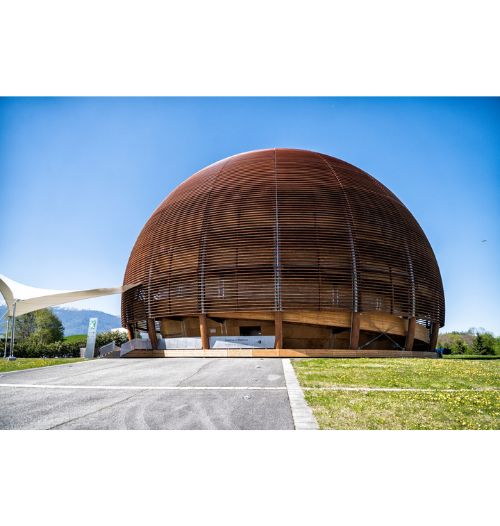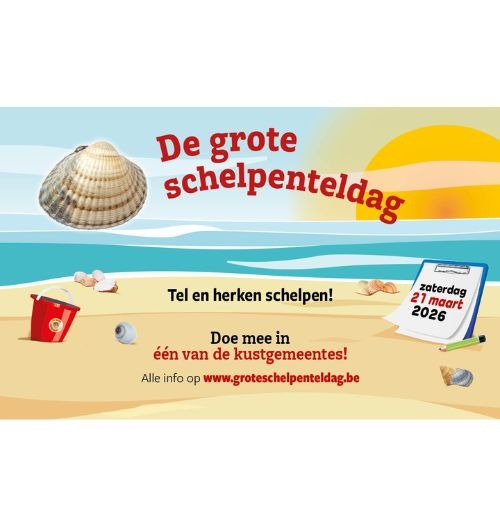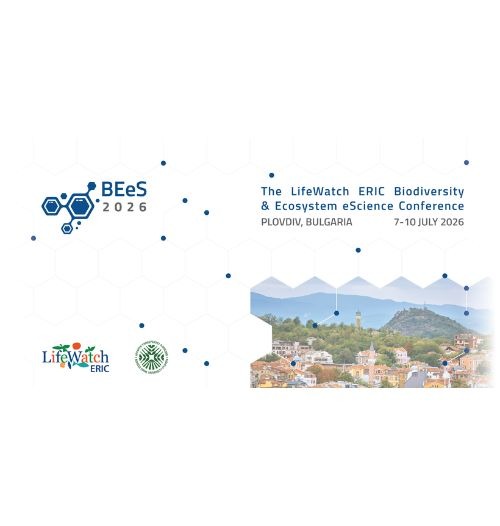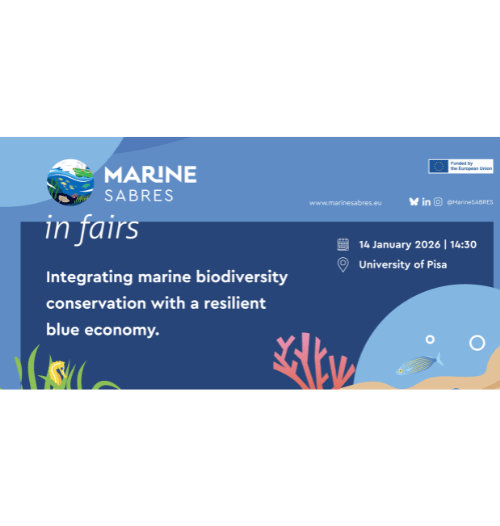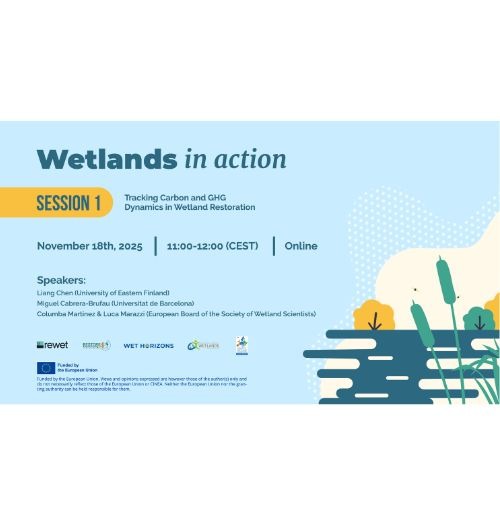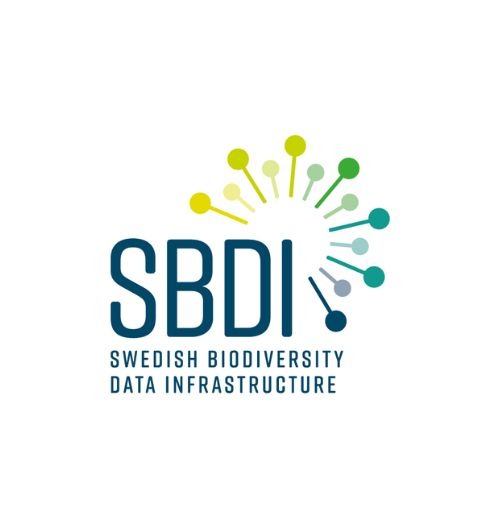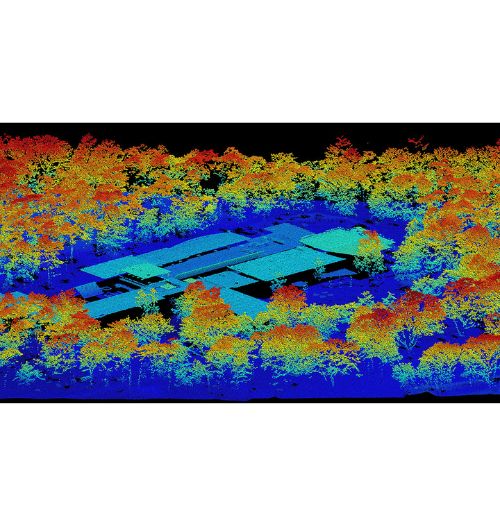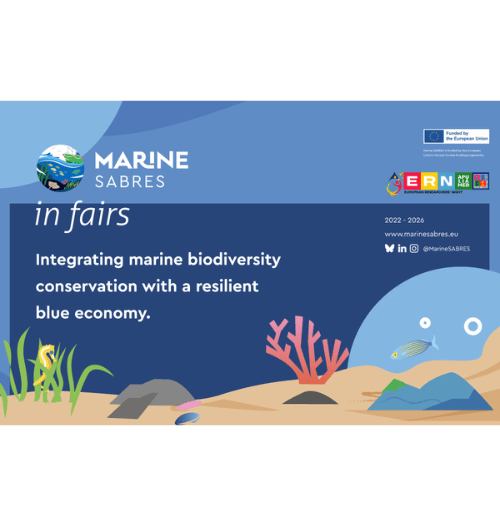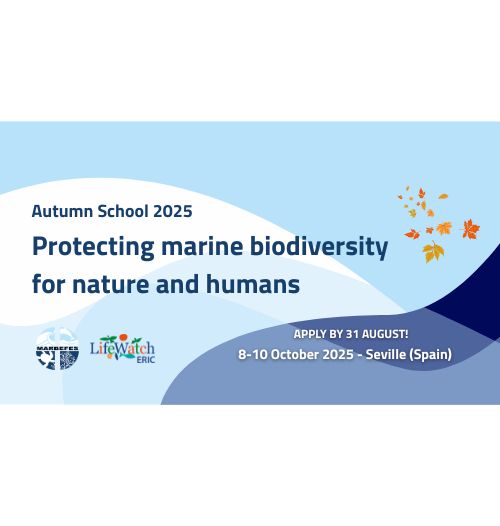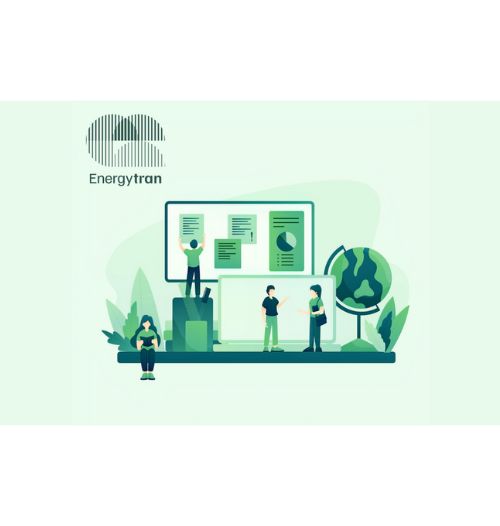The EVERSE project has the objective of building a collaborative and community-led structure for the evaluation of research software and code quality in Europe.
The project is organising its Community Engagement Event on Thursday, 5 February 2026, to share news and updates, exchange ideas and best practices, and engage in open discussions on issues that are relevant for the community of researchers and software developers across different domains.
In fact, two of EVERSE’s main outputs are the RSQkit (Research Software Quality Kit), which is a set of guidelines and resources, and the Technology Radar, a platform to share best practices and ideas.
The event will take place at CERN, Switzerland, with the possibility of remote participation. It will present updates on the EVERSE services and outputs, an overview of Science Clusters for cross-domain experiences and challenges, and some lightning talks from members of the community.
For more information and detailed agenda, visit: https://indico.cern.ch/event/1606722
Picture: The globe at CERN. Conditions of Use © 2016 CERN. Bennett, Sophia Elizabeth: CERN
